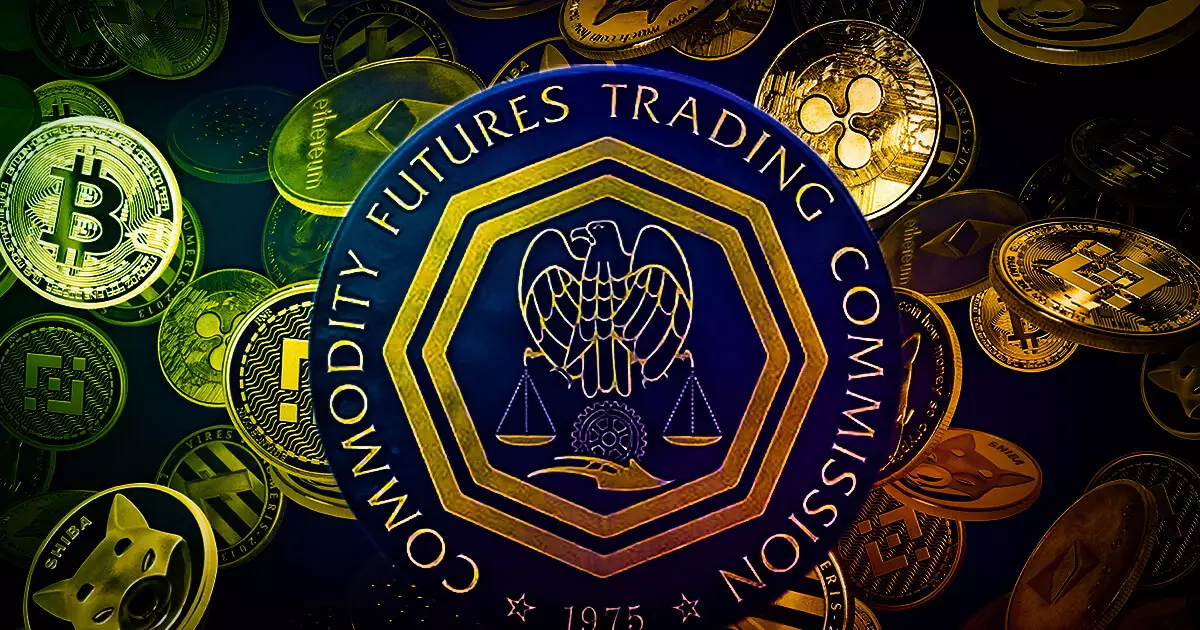On October 2, 2023, the United States Court of Appeals for the District of Columbia Circuit made a landmark decision, declaring that prediction markets allowing betting on US elections are legal. This ruling rejected the US Commodity Futures Trading Commission’s (CFTC) attempt to issue a stay on a previous court ruling that favored the prediction market operator, Kalshi. The Circuit judges concluded that the CFTC did not adequately demonstrate that the public would face irreparable harm from allowing these markets to offer contracts related to US elections. This pivotal decision not only paves the way for Kalshi to resume its services but also opens a broader discussion about the legality and ethics of prediction markets in relation to political events.
The CFTC had previously prohibited Kalshi from offering political-related contracts following a request to list an election contract related to congressional control. This prohibition led Kalshi to file a lawsuit against the CFTC, arguing that the regulator overstepped its authority. Judge Cobb sided with Kalshi, emphasizing the market’s significance and its relevance to democratic engagement. The CFTC’s stance reflects concerns from several lawmakers who have urged regulatory action against such platforms, arguing that election betting undermines the integrity of democratic processes. However, this viewpoint contrasts sharply with others advocating for regulation rather than outright prohibition, suggesting a need for industry oversight rather than restrictions.
A letter from eight US lawmakers, including prominent figures like Senators Elizabeth Warren and Chris Van Hollen, expressed their concerns regarding the potential for profit-driven motives to corrupt electoral integrity. They argue that the primary purpose of elections should remain sacred and not be commodified through betting markets. In contrast, Congressman Richie Torres has advocated for a more nuanced approach, calling for regulation over prohibition to ensure the markets operate within a framework that promotes transparency and accountability.
The ruling is significant not just for Kalshi but for the prediction market landscape as a whole, potentially influencing other crypto-native platforms like BET and Polymarket. By affirming the legality of election-related prediction markets, the court signals a more permissive stance on how such markets can operate, assuming regulatory compliance is adequately met. This opens the door for further innovation and expansion within this niche field, allowing participants to engage in a unique form of betting that could provide valuable insights into public sentiment and electoral outcomes.
Despite this legal victory for Kalshi, the Circuit judges cautioned that should new evidence arise indicating the possibility of public harm, the CFTC could still revisit the matter. This ongoing dynamic suggests a continually evolving landscape for prediction markets, where the balance between regulation and innovation will be critical. The ruling represents not just a win for Kalshi, but also a pivotal moment in defining how emerging markets intersect with democratic processes. As these discussions evolve, it will be essential to monitor how legislation and public sentiment shape the future of prediction markets in the realm of US elections.














Leave a Reply